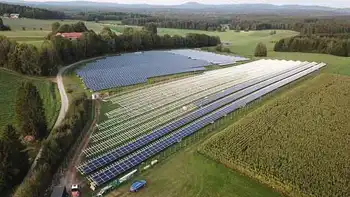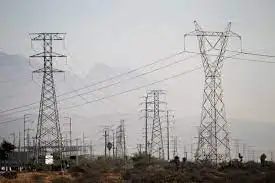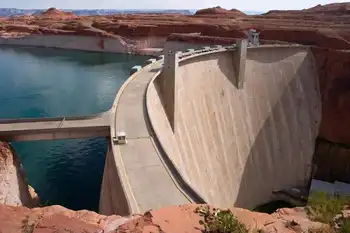Can Manitoba Hydro Balance the Books?
WINNIPEG --- - Manitoba Hydro last week declared it had suffered a 75 per cent, or CAN$116 million, drop in its third quarter 2002 profits over the same period in 2001.
Meanwhile, the provincial government revealed that it has tapped the Crown corporation for CAN$200 million in much-needed cash to help reduce a growing gap between revenue requirements and receipts.
The intervention by Premier Gary DoerÂ’s NDP administration, revealed in its own third quarter report for the current fiscal year ending March 31, means that the province will draw CAN$125 million more from Manitoba Hydro than previously budgeted.
Hydro characterized the fall in its net income for the latest reported quarter as being “largely the result of reduced out-of-province electricity sales reflecting the impact of low water flow conditions on hydraulic generation.”
Its total revenue for the nine-month period was CAN$1.253 million, with electricity exports of CAN$360 million being CAN$123 million lower than during the year prior because of water flow conditions, it said.
Total expenses were CAN$1.215 billion, up CAN$42 million from the similar period a year earlier “mainly due to the acquisition of Winnipeg Hydro and higher costs for power imports.”
Government critics accused the Doer administration of playing a “shell game” by dipping into Manitoba Hydro earnings to cover its own needs.
They charged that had it not been for the utilityÂ’s energy export earnings, the province would look to be much farther in the red than it actually is.
But Manitoba Finance Minister Greg Selinger maintained that things were worse three months ago, when projections of future government spending requirements then pointed to a bleaker picture. According to a government backgrounder, Manitoba is struggling to juggle its priorities to manage debt and pension liabilities as it proceeds with its three-year-old program to deal with a huge overhang of unfunded pension liability.
Moreover, drops in federal equalization payments and personal income tax revenue, as well as other factors, have been compounded by the impact of low water levels that have reduced Manitoba Hydro revenues.
Echoing this message, Manitoba Hydro for its part projects total earnings of just CAN$70 million for the year ending March 31, compared to CAN$214 million in net income achieved last year.
Related News

Analysis: Out in the cold: how Japan's electricity grid came close to blackouts
TOKYO - Japan's worst electricity crunch since the aftermath of the Fukushima crisis has exposed vulnerabilities in the country's recently liberalised power market, although some of the problems appear self-inflicted.
Power prices in Japan hit record highs last month as a cold snap across northeast Asia prompted a scramble for supplies of liquefied natural gas (LNG), a major fuel for the country's power plants. Power companies urged customers to ration electricity to prevent blackouts, although no outages occurred.
The crisis highlighted how many providers were unprepared for such high demand. Experts say LNG stocks were not topped up ahead of winter and…




